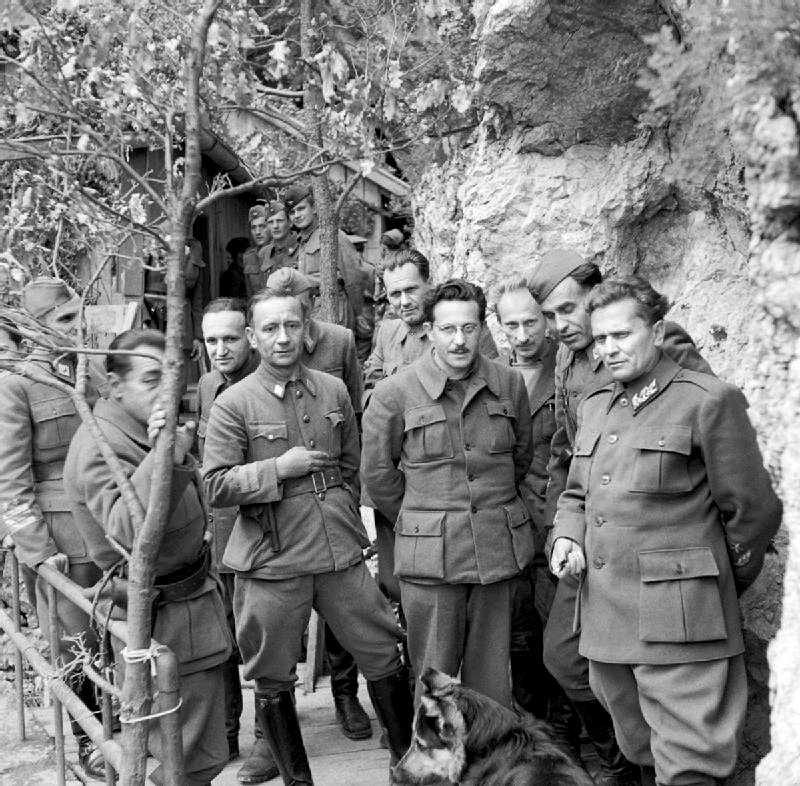If Rosselsprung is successful, presumably the British mission coordinating with Tito is also wiped out. Western Allied cooperation with the Yugoslav resistance is presumably significantly weakened, and the OSS officers pushing for support for the Chetniks get another chance to push for a non-communist postwar Yugoslavia. This in turn probably prevents anything quite like Operation Ratweek (which required tight cooperation between the RAF, the SBS, and the Partisans), with follow-on effects for how Yugoslavia is eventually liberated and how deeply into Yugoslavia Soviet troops are deployed. Not to mention any effects on the end of the war if the Germans successfully evacuate more of their forces out of the Balkans, though the advancing Red Army would, I suppose, act as something of an enormous butterfly net.
It's worth noting that Stalin opposed Tito's pursuit of Yugoslav claims to Italian territory around Trieste in 1945 OTL, and that earlier tensions between Tito (and other senior Yugoslav communists) and Stalin over strategy during the war had been papered over largely by the limited contact necessitated by guerilla operations. Even without earlier tensions, a postwar communist Yugoslavia without Tito still likely has a relatively greater sense of independence from the Soviet Union than countries entirely occupied by Soviet troops, so political disagreement with Stalin is highly likely. The question of whether Stalin could then successfully meddle in and change the leadership of Yugoslavia is an interesting one.
There were certainly senior Yugoslav communist officials who strongly supported Stalin during the OTL Soviet-Yugoslav split; but on the other hand, the Balkan's reputation of cultural resistance to outside control is well-earned- Tito may have deliberately engineered a public confrontation with Stalin specifically to shore up his domestic reputation, depending on who you believe.
(In general, the Yugo-Soviet split has so many different claims made about what was "really" going on behind the scenes that its very difficult to sort out the truth about the various actors motivations. My personal favorite in Milan Djilas' account, where he claims that everyone else has things entirely backwards,
Stalin was planning to pull support from ELAS, and
Tito was initially confronting Stalin to support them.)
It is difficult to predict who would replace Tito, between the number of senior Partisan officials presumably killed or captured with him, and the communications, political, and personal difficulties any successor would have asserting control over the Partisan movement during the chaotic conditions of 1944. It's also difficult to predict what policies such a successor would pursue- most senior postwar communist Yugoslav officials actions being only a partial guide to their beliefs, since they were after all operating as members of a communist dictatorship strongly controlled by one man- Tito himself. So it's difficult to predict what effects such a different Yugoslavia would have.
